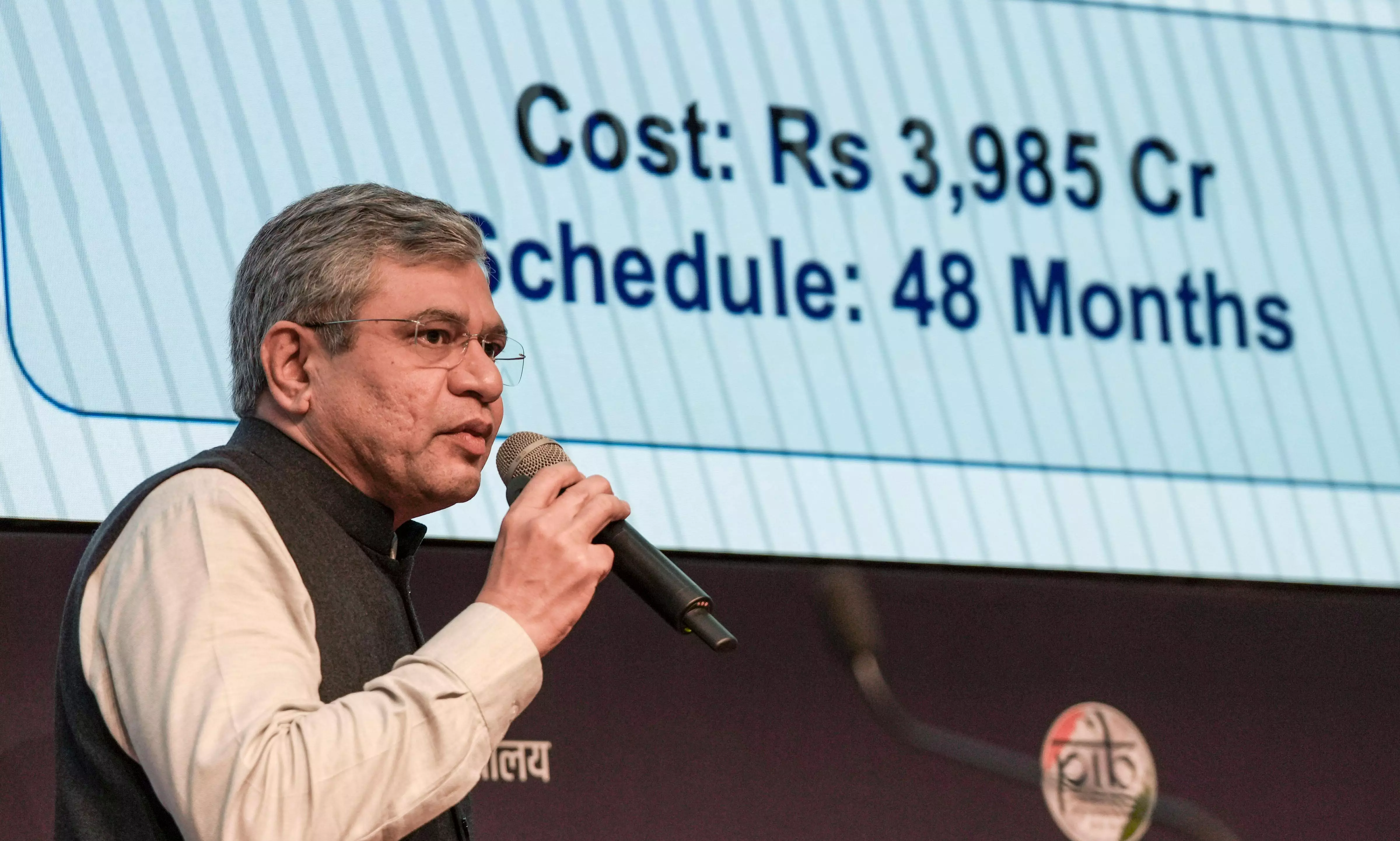Cabinet Approves Setting Up of 8th Pay Panel

New Delhi: The Union Cabinet, chaired by Prime Minister Narendra Modi, on Thursday approved the constitution of the 8th Pay Commission to revise salaries of nearly 50 lakh Central government employees and allowances of 65 lakh pensioners.
Briefing the media, Union Information and Broadcasting Minister Ashwini Vaishnaw said that the chairman and two members of the Commission will be appointed soon. The minister added that the term of the 7th Pay Commissions, implemented from 2016, will end soon. Ahead of that, the Prime Minister has approved the 8th Central Pay Commission for Central government employees.
As the 7th Pay Commission's term concludes in 2026, initiating the process in 2025 ensures sufficient time to receive and review recommendations before its completion, Mr Vaishnaw added. He said the setting up of the new pay commission in 2025 will ensure that its recommendations are received well before the completion of the term of the seventh pay panel.
Pay commissions hold extensive consultations with the Central and state governments and other stakeholders before giving recommendations to the government. The pay commission has a key role in deciding salary structures, benefits and allowances for government employees. Most of the state-owned organisations follow the commission's recommendations.
The 7th Pay Commission was constituted in 2014 and its recommendations were implemented on January 1, 2016.
According to sources, around 50 lakhs Central government employees, including defence personnel, will benefit from the decision. Also, about 65-lakh pensioners, including defence persons, will also see an uptick in their pensions.
In Delhi, which is headed to Assembly polls next month, about 4 lakh employees will benefit, including defence and Delhi government employees, from the recommendations of the panel.
The 7th Pay Commission saw an expenditure increase of Rs 1-lakh crores for fiscal 2016-17.
Implementation of the pay panel's recommendations provides a significant boost to consumption and economic growth, along with improved quality of life for government employees.
Usually, every 10 years, the Central government constitutes a pay commission to revise the remuneration of its employees. The pay commission also recommends the formula for the revision of dearness allowance and dearness relief for Central government employees and pensioners with a view to compensating them for inflation.
Several state governments also revise the remuneration of their employees on the lines of the Central Pay Commission.
ICRA chief economist Aditi Nayar said, "While the award related to the 8th Pay Commission is unlikely to affect fiscal metrics in FY2026, the potential impact of the same should be built into the new medium-term fiscal consolidation path as well as the Finance Commission's recommendations.

